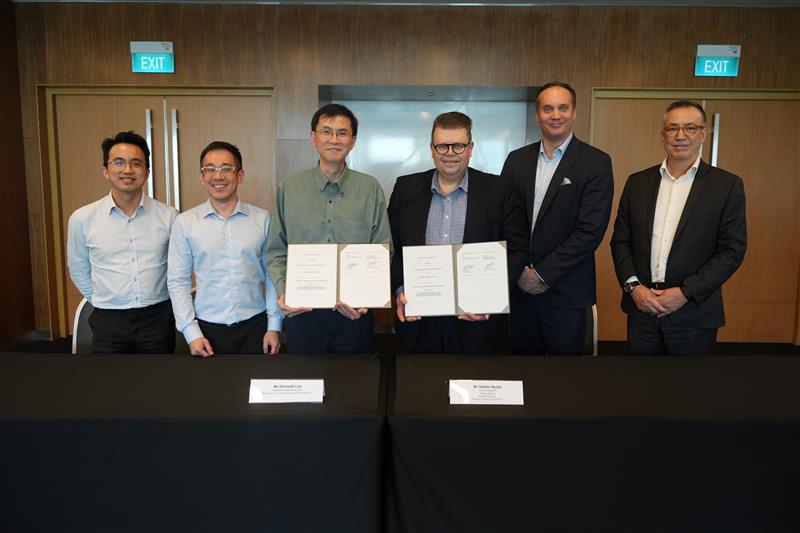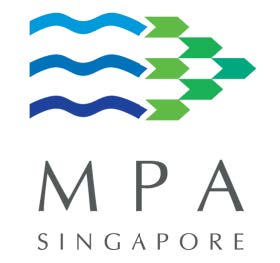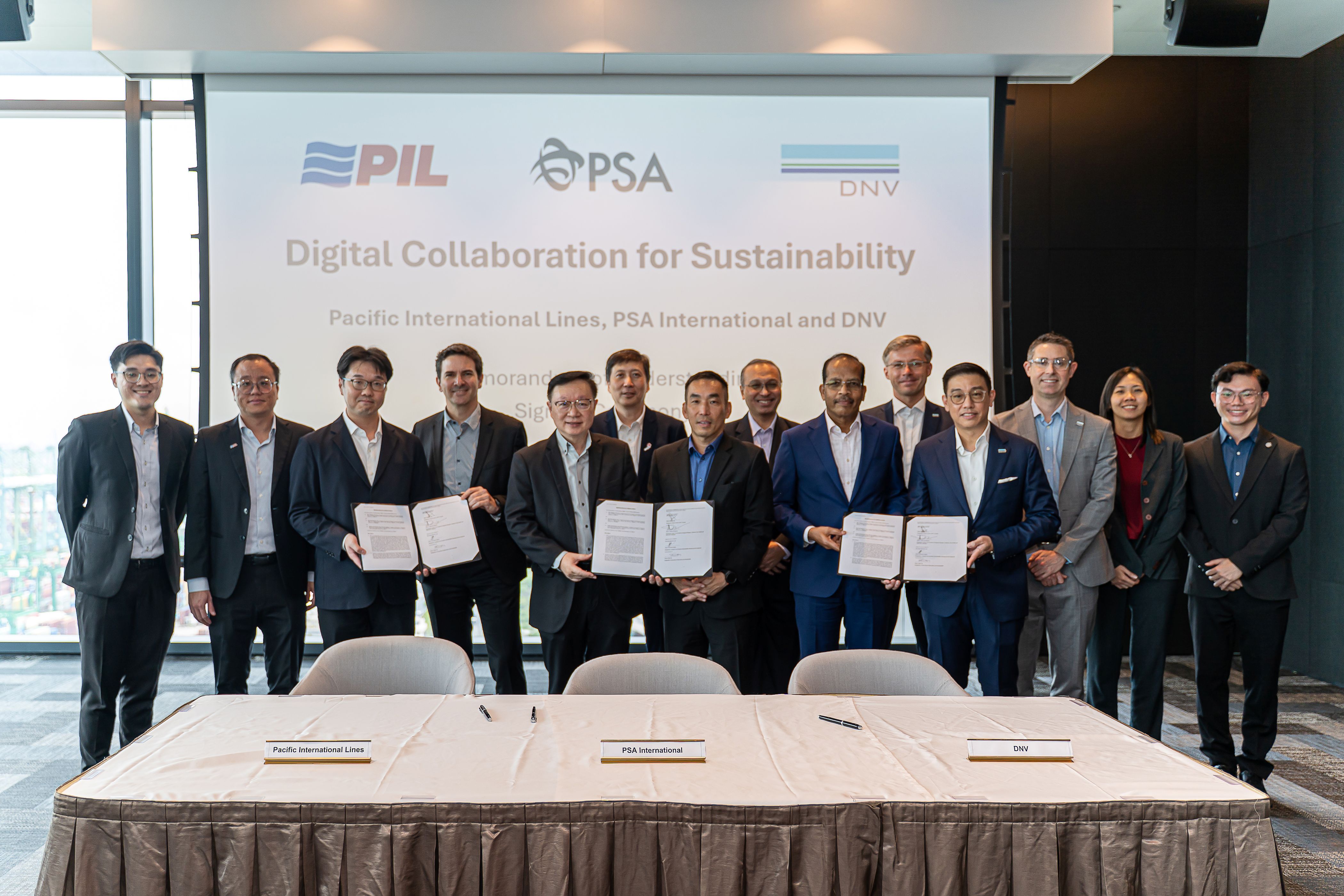

| AFRICA | South Africa | In marine notice no. 08 of 2019 South Africa has indicated that it accepts all types of approved scrubbers including open loop scrubbers as long as the IMO discharge criteria set out in Resolution MEPC.259(68) is met. |
| AMERICAS | Bermuda | Use of open loop scrubbers is not permitted. Environmental Policy for Ships states: “Washwater and residue from the EGCS shall be not disposed of in Bermuda or discharged into Bermuda’s waters but shall be stored on board the ship until outside of Bermuda’s waters”. If a vessel has to use closed loop scrubber in territorial waters of Bermuda, permission needs to be sought from the authorities. |
| Panama | Notice to Shipping No. 01 of 2019 states that discharging EGCS washwater into bodies of water under the responsibility of Panama Canal is not permitted. Use of closed loop systems is permitted. | |
| USA | Hawaii: Conditional section 401 WQC (Water Quality Certification) as mentioned in section 6.7 of 2013 VGPallows for discharge of washwater subject to certain requirements being fulfilled. These requirements can be found in the same section. | |
| Connecticut: Connecticut has laid down specific conditions as part of the 2013 Vessel General Permit (VGP) requirements. In accordance with section 6.5.9[UK1] of the 2013 VGP, discharge of exhaust gas scrubber washwater into Connecticut waters from any vessel covered under the VGP is prohibited. Please see CGS section 22a-427, and Connecticut Water Quality Standards (CT WQS). | ||
| California: The CARB OGV (California Air Resource Board for Ocean Going Vessels) regulations do not permit the use of abatement technologies such as scrubbers, hence their use as well as any discharge of washwater is prohibited. Vessel discharge regulations for Port of Long Beach also state that it is prohibited to discharge washwater from scrubbers in port waters. However, pursuant to CARB’s Marine Notice 2017-1 discharge is permitted if the vessel has an experimental or temporary research permit. | ||
| US Coast Guard has advised that it will use the IMO's Global Integrated Shipping Information System (GISIS) database to confirm that foreign flagged ships are using approved scrubbers. Notification to IMO’s GISIS shall be submitted by the Flag State of the vessel. | ||
| ASIA | China | China MSA in its “Implementation Scheme of 2020 Global Marine Fuel Oil Sulphur Cap” has mentioned that washwater discharge from open loop scrubbers is prohibited in domestic emission control areas, which includes coastal control areas and inland river control areas. Members can refer to a circular by Huatai to know the coordinates of these areas. |
| Hong Kong | If a ship intends to use scrubbers in Hong Kong waters, to meet the sulphur cap requirements, application must be made to the Hong Kong authorities requesting for an exemption from using compliant fuel. The exemption application must be made at least 14 days prior to a ship’s first visit to Hong Kong after 1 January 2019. For details of the exemption application process, please refer to Sections 7 to 11 of the new ‘Air Pollution Control (Fuel for Vessels) Regulation’. | |
| India | In DG Engineering Circular 02 of 2019, India appear to indicate that scrubber washwater discharges are allowed if the criteria set out in MEPC.259(68) are met. However, this is qualified with a requirement that local regulations should also be followed. As of now, it is not clear if local restrictions will be imposed in some areas | |
| Malaysia | In circular MSN 07/2019 Marine Department of Malaysia has indicated that discharge from open loop scrubbers is prohibited within the country's waters (12 nm from nearest land). They have also issued MSN 08/2019 to clarify that the regulation does not apply to ships transiting the Malacca and Singapore straits. | |
| Singapore |
According to the Maritime and Port Authority of Singapore (MPA), discharge is prohibited in Singapore port waters from 1 January 2020. The prohibition does not apply to ships transiting the Traffic Separation Scheme (TSS) without calling into the Port of Singapore. MPA has published useful guidance on IMO’s 2020 Sulphur limits which can be accessed here. The document advises ships fitted with open loop scrubbers to ‘carry out the switch to either closed-loop mode or to compliant fuel well in advance of the vessel’s arrival at the port waters’. Residues from scrubbers have been classified as toxic industrial waste under Singapore’s Environmental Public Health (Toxic Industrial Waste) Regulations. It can only be collected by licensed Toxic Industrial Waste Collectors.
|
|
| UAE | Abu Dhabi: In 2013 Abu Dhabi authorities issued ‘Vessel Discharge and Maintenance Guidelines For Owners, Masters And Agents’. It states that scrubber washwater can be discharged in port waters if free form pollutants whilst scrubber sludge should be discharged from the vessel to an Abu Dhabi Ports Company (ADPC) licensed waste disposal contractor. | |
| Fujairah: As per notice to mariners no. 252, Harbour Master of Fujairah has announced that use of open loop scrubbers will be banned in port waters. The circular can be found here. | ||
| EUROPE | Belgium | The European Commission’s 2016 note on discharge of scrubber washwater, bans the discharge in ports and inland waters. Relevant legislation is ‘Wet van 26 maart 1971 op de bescherming van de oppervlaktewateren tegen verontreiniging (Vlaams Gewest)’. |
| Estonia | According to circular no.4 by Estonian Maritime Administration, use of open loop scrubbers is permitted if the owner can demonstrate that the washwater meets IMO’s requirements. However, port authorization is required if scrubber washwater is discharged in the port area. | |
| Germany | Discharge is not allowed in inland waterways and the Rhine, pursuant to Articles 1 and 3 of the CDNI Convention (Convention on the Collection, Deposit and Reception of Waste Produced during Navigation on the Rhine and Inland Waterways). | |
| Ireland | Dublin: The Irish authorities’ Notice No. 37 of 2018 ‘Prohibition on the Discharge of Exhaust Gas Scrubber Wash Water’ stipulates that discharge of washwater is prohibited in waters under Dublin port jurisdiction. Dublin port jurisdiction includes waters from the Matt Talbot Memorial Bridge eastwards to a line from the Baily Lighthouse through the North and South Burford buoys and through Sorrento Point. | |
| Waterford: As per Port of Waterford’s marine notice ‘Prohibition on the Discharge of Exhaust Gas Scrubber Wash Water’, discharge of scrubber washwater is prohibited in port limits from the start of January 2019. | ||
| Cork: Port notice No. 15 of 2018 states that given the potential for impact on sensitive ecosystems, and the abundance of Natura 2000 sites within the jurisdiction of the port company, discharge of scrubber washwater is prohibited in port waters. | ||
| Latvia | General position, as mentioned in the European Commission’s 2016 note, is that discharge is not allowed in territorial and port waters. Discussions are currently ongoing within the European Commission, on improving the regulations and to provide more clarity. | |
| Lithuania | The authorities are currently studying the impact of scrubber washwater on the marine environment and will provide its conclusions upon completion of the study. Meanwhile, the current position seems to be that discharge is not allowed in port waters, according to port rules and conditions of use approved by the Ministry of Transport. Reference is made to the European Commission’s 2016 note on discharge of scrubber washwater. | |
| Norway | Under the amendments of 1 March 2019 to Regulation No.488 on the environmental safety of ships and mobile offshore units, use of open loop scrubbers is prohibited in the Norwegian fjords. Also, for ships using closed or hybrid type scrubbers, a device for reducing visible emissions to air is required. | |
| Spain | Our correspondent informs us that Harbour Master of Port of Algeciras has confirmed there is a prohibition on discharge of washwater from open loop scrubbers in port waters. | |
| OCEANIA | Australia |
Ships can use an EGCS in Australian waters to comply with the sulphur limit according to marine notice 05/2019. Vessels will have to notify AMSA before first arrival at an Australian port after 1 January 2020, and provide information related to the scrubber.
|
Please Contact Us at:
 Baltic Exchange launches new Fuel Equivalence Conve
Baltic Exchange launches new Fuel Equivalence Conve  21 Consecutive Years of QUALSHIP 21 Recognition for
21 Consecutive Years of QUALSHIP 21 Recognition for  MPA and Wärtsilä Renew Partnership to Drive Marit
MPA and Wärtsilä Renew Partnership to Drive Marit  MPA and Dalian Maritime University Renew Partnershi
MPA and Dalian Maritime University Renew Partnershi  PSA INTERNATIONAL, DNV AND PACIFIC INTERNATIONAL LI
PSA INTERNATIONAL, DNV AND PACIFIC INTERNATIONAL LI  INTERCARGO Reaffirms Call for Simplicity as IMO Cli
INTERCARGO Reaffirms Call for Simplicity as IMO Cli